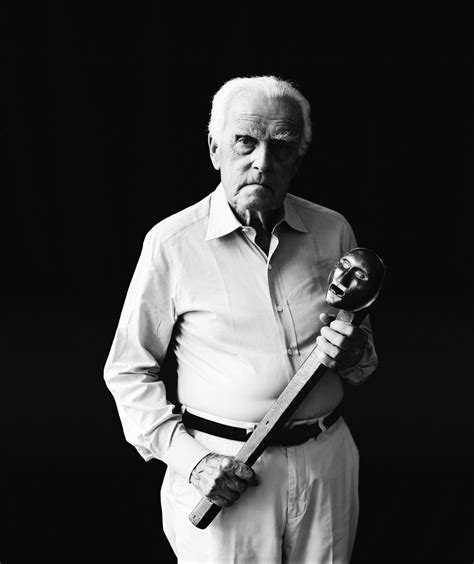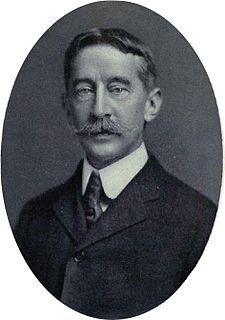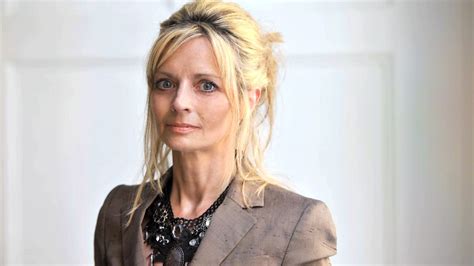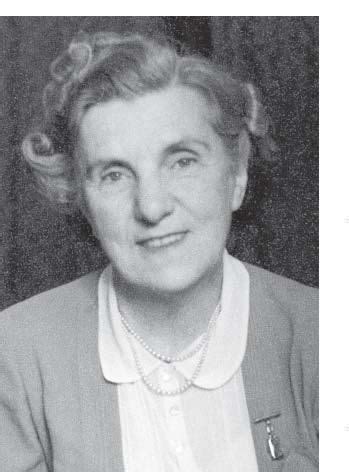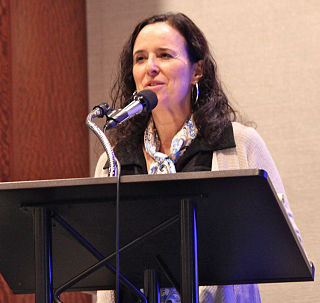A Quote by Ernest Becker
What is the ideal for mental health, then? A lived, compelling illusion that does not lie about life, death, and reality; one honest enough to follow its own commandments: I mean, not to kill, not to take the lives of others to justify itself.
Related Quotes
What makes climbing great for me, strangely enough, is this life-and-death aspect. It sounds trite to say, I know, but climbing isn't just another game. It isn't just another sport. It's life itself. Which is what makes it so compelling and also what makes it so impossible to justify when things go bad.
Some men -- not all men -- see always before them an ideal, a mental picture if you will, of what they ought to be, and are not. Whoso seeks to follow this ideal revealed to the mental vision, whoso seeks to attain to conformity with it, will find it enlarge itself, and remove from him. He that follows it will improve his own moral character, but the ideal will remain always above him and before him, prompting him to new exertions.
Man surprised me most about humanity.Because he sacrifices his health in order to make money. Then he sacrifices money to recuperate his health.And then he is so anxious about the future that he does not enjoy the present; the result being that he does not live in the present or the future; he lives as if he is never going to die, and then dies having never really lived.
That's why I'm a big supporter of the death penalty. I want to be the hangman. I would put many more people to death like the kids who want to kill other people, I'd put 'em to death. Postal workers who get arrested, they have mental problems. You know what? When you're dead you don't have a mental problem. If you take a life, I will take yours. Put me in charge, I will fix it.
Out of perfection nothing can be made. Every process involves breaking something up. The earth must be broken to bring forth life. If the seed does not die there is no plant. Bread results from the death of wheat. Life lives on lives. Our own life lives on the acts of other people. If you are lifeworthy, you can take it.
In the daily lives of most men and women, fear plays a greater part than hope: they are more filled with the thought of the possessions that others may take from them, than of the joy that they might create in their own lives and in the lives with which they come in contact. It is not so that life should be lived.
I think there's strength in being honest and open about yourself and your struggles. But it can also be a challenge. This is my life, I live with my own mental health, and that is happening to me every day. I can talk about it from a position of 'Oh, I've done this' but I'm still living that existence.
The dignity to be sought in death is the appreciation by others of what one has been in life,... that proceeds from a life well lived and from the acceptance of one's own death as a necessary process of nature.... It is also the recognition that the real event taking place at the end of our life is our death, not the attempts to prevent it.
But here's the thing about being honest: All the liars HATE you for it, and most of the people in the world are liars. They lie to their bosses, they lie to their families, they lie to themselves, they lie so much they don't even know they're lying anymore. If you have the courage to be honest even a little bit all those people will hate you for it, because their lie is reflected in your honesty. Oscar Wilde wasn't kidding when he said, "If you want to tell people the truth, make them laugh, otherwise they'll kill you."
Given Freudian assumptions about the nature of children and the biological predestination of mothers, it is unthinkable for mothers voluntarily to leave their babies in others' care, without guilt about the baby's well-being and a sense of self-deprivation. Mothers need their babies for their own mental health, and babies need their mothers for their mental health--a reciprocal and symbiotic relationship.






















